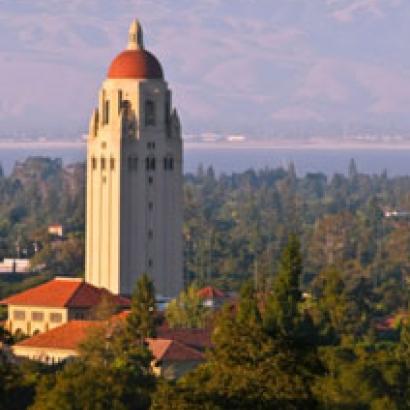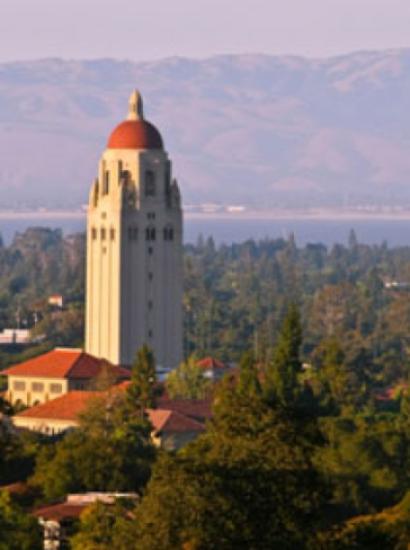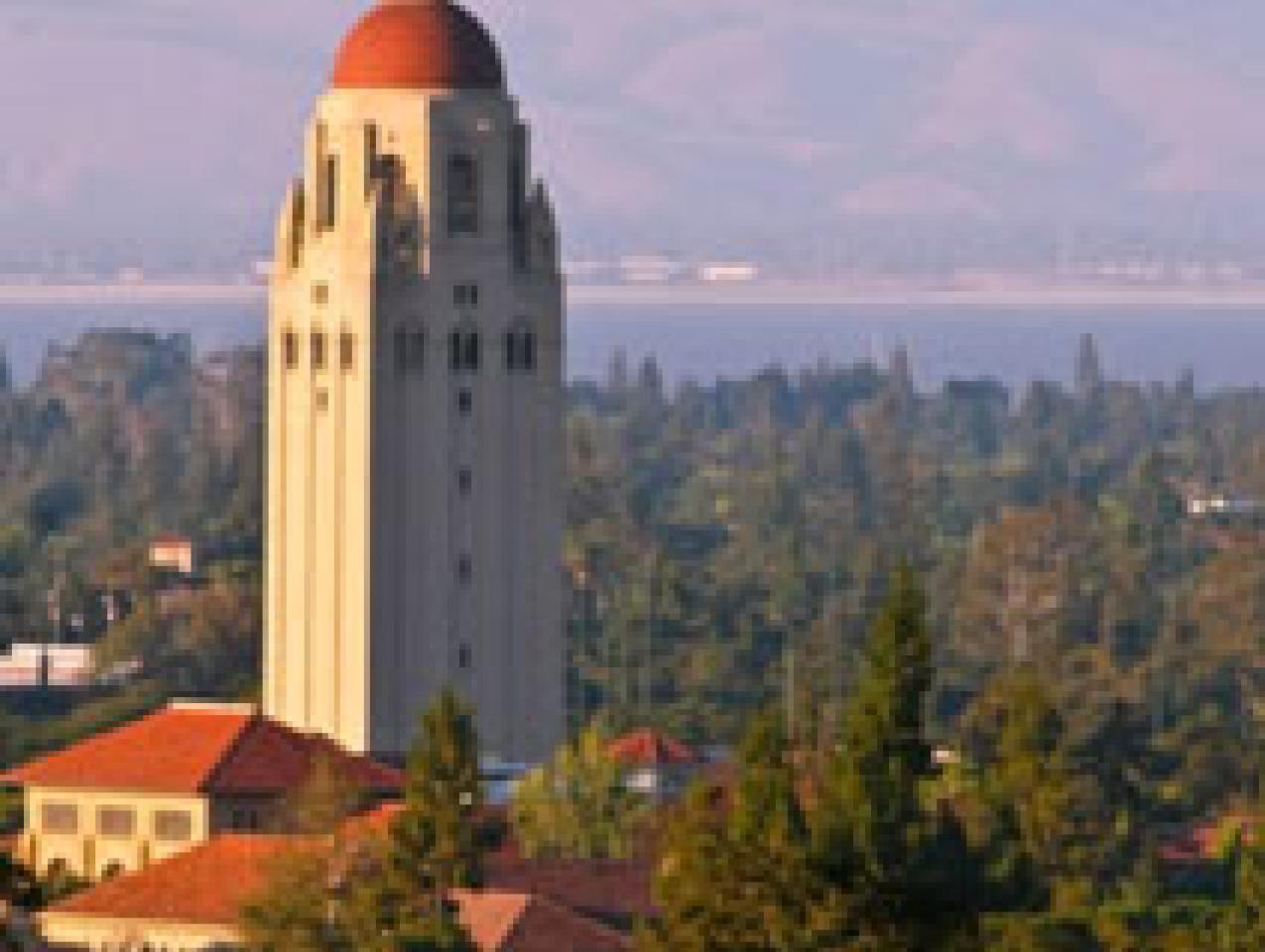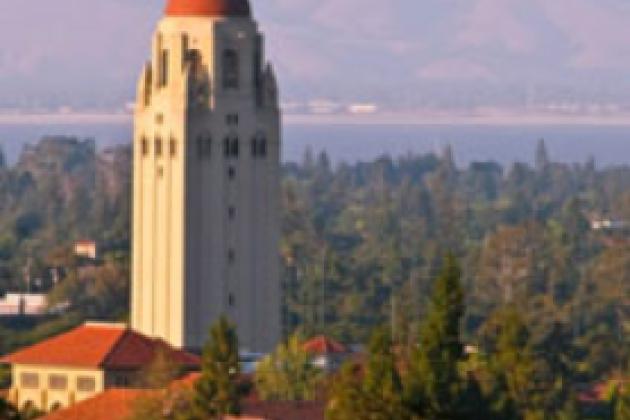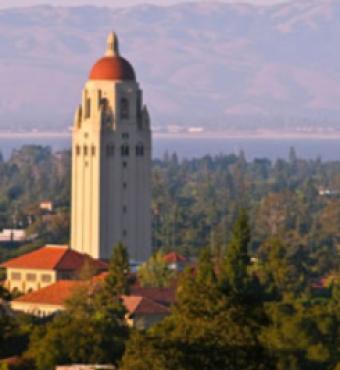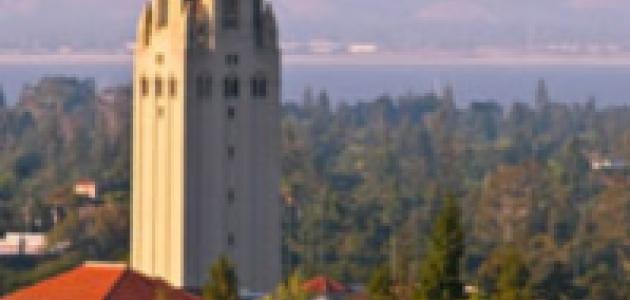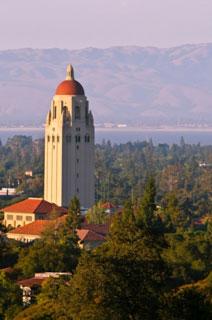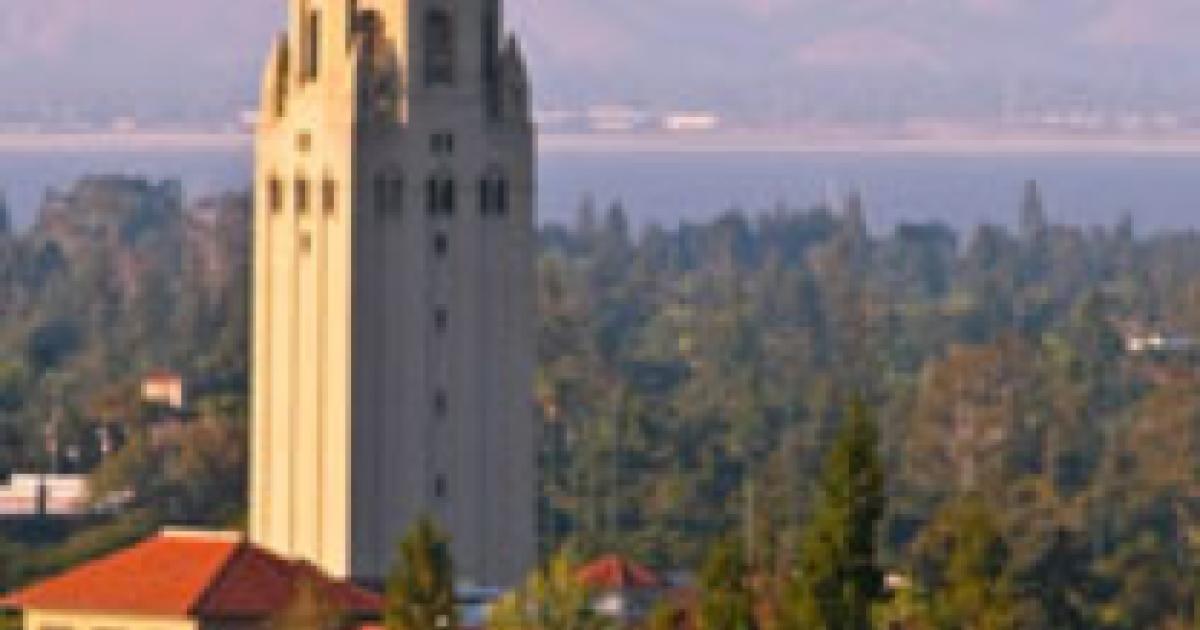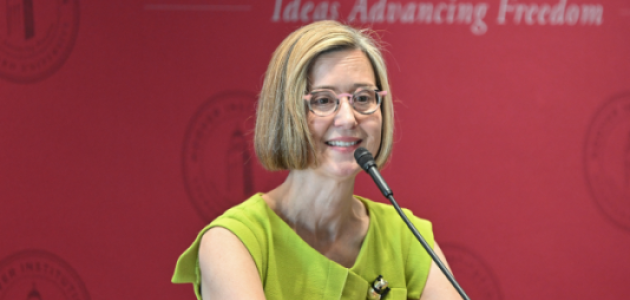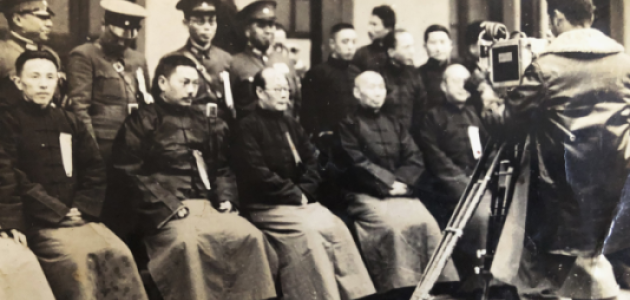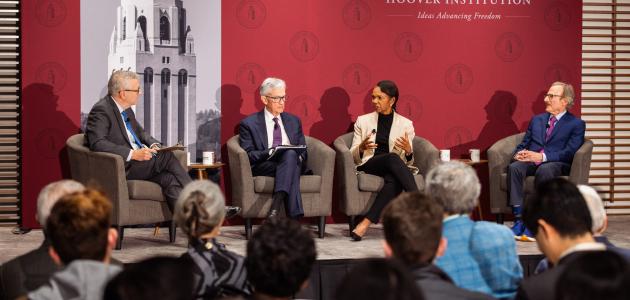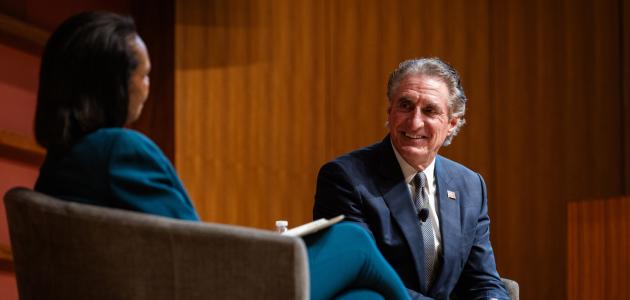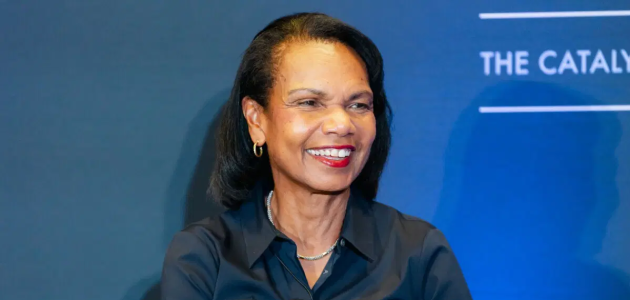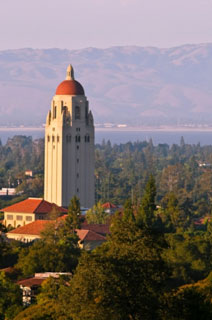
The Hoover Institution held its Southern California Conference in Century City on Thursday, October 2, 2014. The conference offered presentations by Hoover fellows on a wide range of public policy issues, from the upcoming Congressional elections to foreign policy to immigration. Below is a selection of podcasts and chartcasts from the conference.
Podcasts:
Victor Davis Hanson, the Martin and Illie Anderson Senior Fellow, discusses US foreign policy both in history and that of today. He begins with a brief overview of US foreign policy since the Second World War and goes on to discuss how and why the Obama administration has deviated from this general trajectory. Hanson argues that the Obama administration has backed away from its global leadership responsibilities in the name of a reset with the claim that Obama had a better understanding of the Middle East, Vladimir Putin, and other significant global issues. He ends with three possible exegeses for why the Obama administration has deviated from traditional foreign policy. Listen below.
Chartcasts:
The 2014 Congressional Elections in Historical Perspective
David Brady, Hoover deputy director and the Davies Family Senior Fellow, compares congressional elections from the 1880s to the present, emphasizing eras of uncertainty, party parity, and surges in independent voters. His primary theme is the importance of distinguishing between party sorting versus party polarization and the widespread effects of party sorting on several aspects of the elections, including incumbency and election financing in the House and the Senate; local parties, nationalization, and split tickets; and polling discrepancies with final election results. He ends by applying these concepts to predictions on the upcoming general elections. Watch below.
Immigration and Economic Growth from the Supply Side
Tim Kane, a research fellow, discusses immigration and economic policy in the United States. He begins by establishing American economic power in a historical perspective, with an emphasis on economic growth, investment, and scale. He concludes that the US economy is stronger and better positioned globally than many believe. He goes on to discuss job creation as a driver for the economy and the alarming decline of start-ups and entrepreneurship. Immigration is a possible solution for bolstering the economy, especially since immigrants bring innovation and entrepreneurship, but politicians in Washington are hindering reform. In the face of failed comprehensive reform, Kane advocates incremental approaches. He ends by going over fact sheets produced by the Hoover Institution Conte Initiative on Immigration Reform. Watch below.







